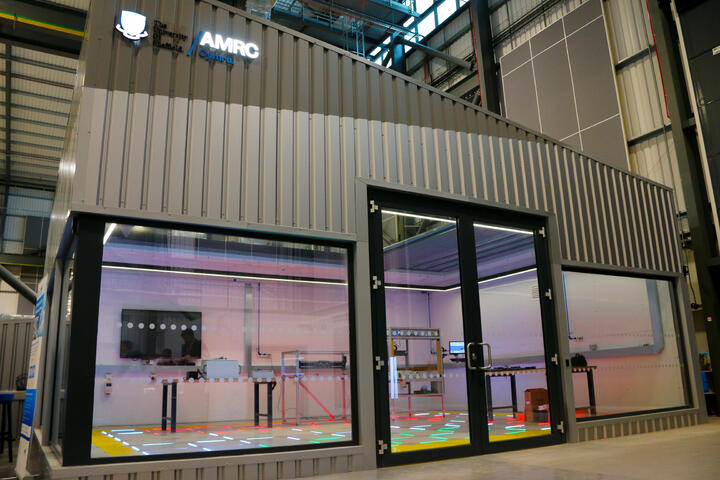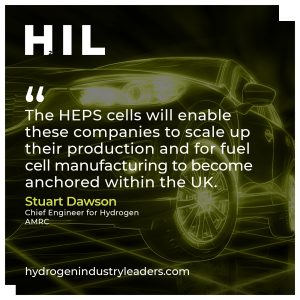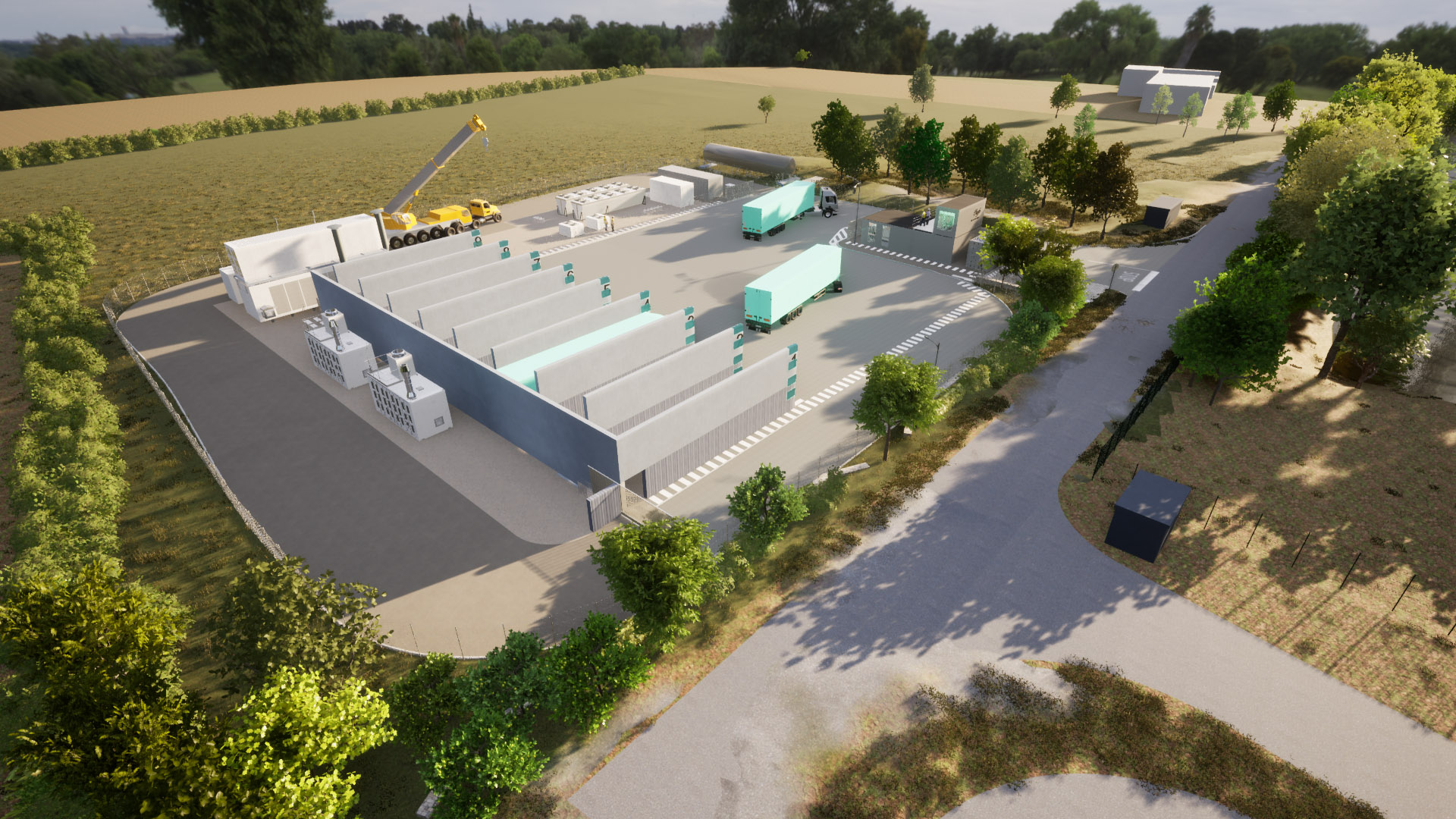Toyota to Accelerate the Decarbonisation of the Transport Sector

Toyota Motor Manufacturing UK has signed a deal with the University of Sheffield Advanced Manufacturing Research Centre (AMRC) Cymru to accelerate the decarbonisation and digitalisation of the transport sector by optimising hydrogen fuel cell assembly.
New advancements have been made to the Hydrogen Electric Propulsion Systems (HEPS) assembly testbed, based at AMRC Cymru in North Wales, since work began in October 2022.
The HEPS project aims to de-risk the assembly and production scale-up of hydrogen fuel cells for the automotive, aerospace and rail industries. The first iteration of the HEPS testbed consists of a reconfigurable floor, collaborative robots and other advanced Industry 4.0 technologies in a self-contained assembly area. It makes it ready for developing and de-risking innovative new methods of fuel cell assembly.
Toyota and AMRC Cymru are aiming to support UK fuel cell manufacturing growth
Toyota and the AMRC, part of the High Value Manufacturing (HVM) Catapult, are working together on a 12-month project in which Toyota will use the HEPS testbed to assemble its hydrogen fuel cells in the North Wales facility, focusing on enabling fuel cell manufacturing in the UK. The partnership is funded by the Welsh Government’s Low Carbon Automotive Transformation Fund.
Lee Wheeler, Senior Engineer and Hydrogen/Future Propulsion Lead at AMRC Cymru, explained that AMRC plays an important role in the project and it is an exciting opportunity: “Toyota brings in expertise around its manufacturing system and the fuel cell that’s currently used in its vehicles.”
The AMRC will play a pivotal role in the project by contributing our expertise in digital manufacturing, future propulsion, hydrogen, sustainable manufacturing and by providing the assembly testbed to perform the tests.
Since its inception, Toyota has been an active part of the industry steering board assembled by AMRC Cymru. This guides the work of the HEPS assembly testbed to ensure that the work being done is relevant to the industry and addresses real-world manufacturing needs and challenges.

AMRC Cymru stated that one of the most recent developments in the project is the use of advanced gasket application equipment and an advanced visual metrology system.
It outlined that this will “address an industrial challenge around fuel cell stake leakages. The visual metrology system stops leaks in the fuel cell by checking if the seals are applied correctly.”
Lee continued to reveal that AMRC Cymru engineers have also worked on laser part-marking for fuel cell components: “Part-marking assigns a unique code to every component to help identify and track the components, providing a digital built record of the multiple components going into a fuel cell.
“Laser part-making allows the system to stop the process if the wrong parts are used or are being inserted in the wrong way. It also enables in-process verification, allowing us to check if the right parts are being fixed in the fuel cell in the right way, assuring its in-build quality.”
HEPS cells will help companies to scale up their production
Stuart Dawson, Chief Engineer for Hydrogen at the AMRC, expressed that he believes the HEPS project will help companies to scale up: “For the UK hydrogen fuel cell sector, in general, we have noticed a discontent between the high maturity levels of their product and the much lower ones for their manufacturing methods.
“That’s why we invested over £1m into the new HEPS cell, which will allow the UK manufacturers to develop high yield, high rate, globally competitive methods of fuel cell assembly.”
The HEPS cells will enable these companies to scale up their production and for fuel cell manufacturing to become anchored within the UK.
The HVM Catapult, of which the AMRC is one of seven centres across the UK, has funded the HEPS project, which is specifically targeting seven industries: aerospace, energy generation, heavy automotive, off-highway, public transport, and rail.

